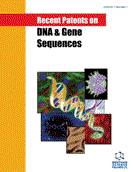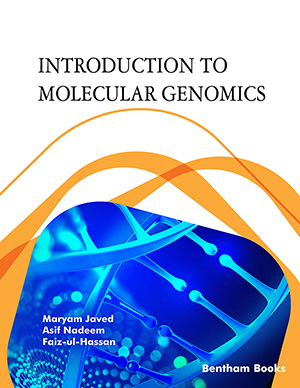Abstract
Hsp70 classes of molecular chaperones are highly conserved in all organisms and play an essential role in the maintenance of cellular homeostasis. Hsp70s assist nascent chain protein folding and denatured proteins, as well as the import of proteins to the organelles, and solubilization of aggregated proteins. ATPase function is required for Hsp70 function. Hsp70s use ATP hydrolysis driven mechanism for substrate protein binding and release. Various Hsps are unregulated in cancers but their significance for tumor growth is poorly understood. Studies have linked Hsp70 to several types of carcinoma. Human Hsp70s allow proliferation of cancer cells and suppress apoptotic and senescence pathways. This review presents Hsp70s role for growth of transformed cells and the current state of Hsp70 as a drug target along with recent patents in humans in this particular area.
Keywords: Hsp70, cancer, apoptosis, ATPase, HSP70.2, Hsp70 Gene, Hsp40, co-chaperones, DNAJB10-14; DNAJC1-30, caspase 8, cytocrome c,, HSPA1B, cell survival, tumorigenicity, N terminal
 5
5











